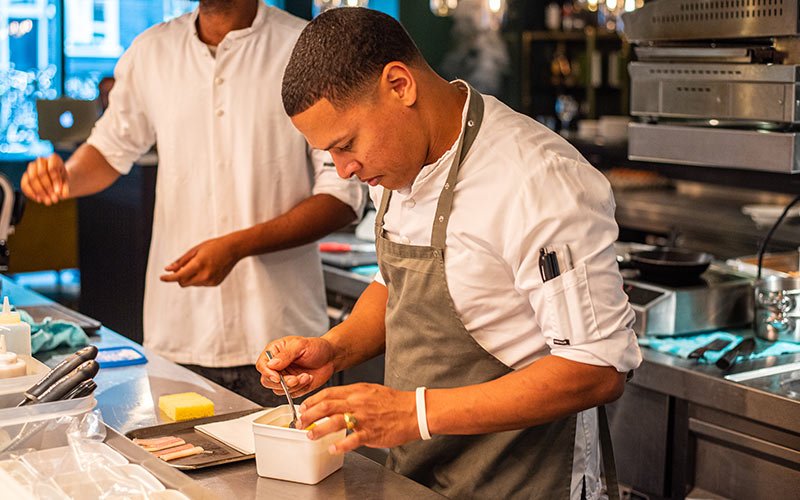
24, Jul 2024
How to Start a Successful Restaurant Business
Starting a Successful Restaurant Business requires careful planning and execution. By focusing on key strategies and leveraging industry insights, you can establish a thriving establishment that attracts and retains loyal customers.
Research and Concept Development
Before diving in, conduct thorough market research to identify gaps and opportunities. Analyze consumer preferences, local demographics, and competitor strengths. This foundation will guide your concept development, ensuring it meets market demands.

Crafting a Unique Value Proposition
Differentiate your restaurant by defining a compelling value proposition. Whether it’s a unique cuisine, exceptional service, or a captivating ambiance, clearly communicate what sets your establishment apart from others in the area.
Writing a Detailed Business Plan
A comprehensive business plan serves as your roadmap to success. Outline your vision, target market, menu offerings, pricing strategy, marketing plan, and financial projections. This document will guide decision-making and attract potential investors or lenders.
Securing Adequate Funding
Ensure you have sufficient funding to cover startup costs and initial operational expenses. Consider various financing options such as personal savings, loans, investors, or crowdfunding platforms. A solid financial plan will safeguard against unforeseen challenges.
Location Selection and Lease Negotiation
Choosing the right location is crucial for foot traffic and visibility. Evaluate factors like demographics, competition, accessibility, and lease terms. Negotiate terms that align with your budget and long-term growth objectives.
Designing a Functional Layout
Create an inviting restaurant layout that enhances customer experience and operational efficiency. Optimize seating arrangements, kitchen workflow, and interior design to reflect your brand identity and accommodate varying customer preferences.
Building a Strong Team
Recruit and retain talented staff members who share your passion for hospitality. Invest in training programs to ensure consistency in service quality and operational excellence. A motivated team enhances customer satisfaction and contributes to business success.
Menu Development and Testing
Develop a menu that resonates with your target audience while aligning with your restaurant’s theme and concept. Conduct taste tests and gather feedback to refine dishes, pricing, and portion sizes. A well-curated menu can drive repeat business and word-of-mouth referrals.
Effective Marketing and Promotion Strategies
Implement marketing strategies to attract and engage customers from the outset. Utilize digital marketing channels, social media platforms, local partnerships, and promotional events to build awareness and drive foot traffic. Monitor results and adjust tactics based on performance metrics.
Emphasizing Quality and Consistency
Maintain a relentless focus on delivering quality and consistency across all aspects of your restaurant operations. From ingredients sourcing to customer service, strive for excellence to build a loyal customer base and positive reputation within the community.
Embracing Feedback and Continuous Improvement
Listen to customer feedback and adapt accordingly to improve your offerings and operations. Foster a culture of continuous learning and innovation to stay ahead of industry trends and evolving consumer preferences.
Conclusion
Starting and sustaining a Successful Restaurant Business demands dedication, strategic planning, and a commitment to excellence. By leveraging these strategies and staying adaptable, you can navigate challenges and achieve long-term profitability in the competitive restaurant industry.
- 0
- By Jill Morris

